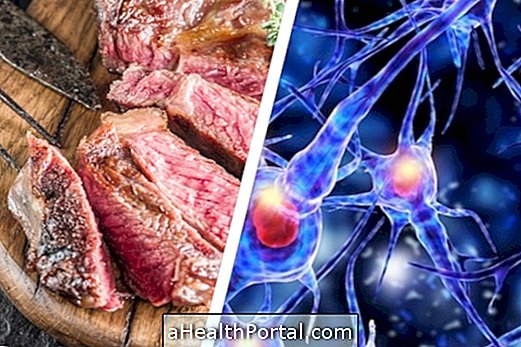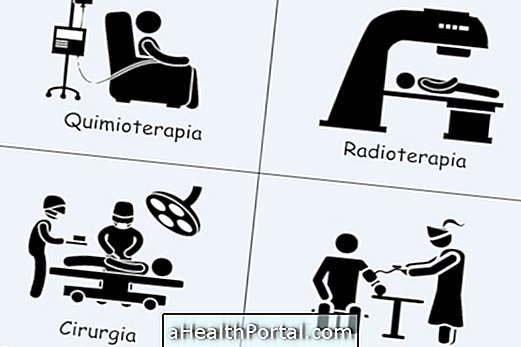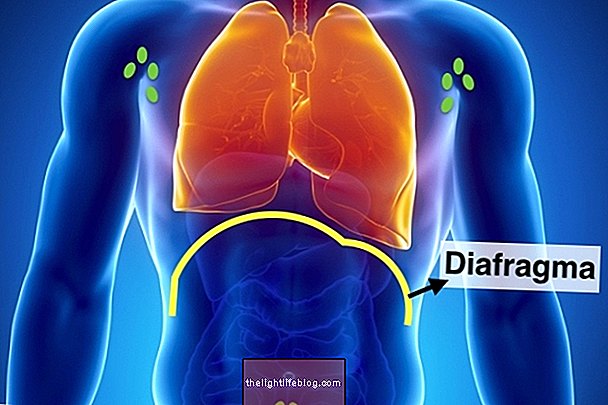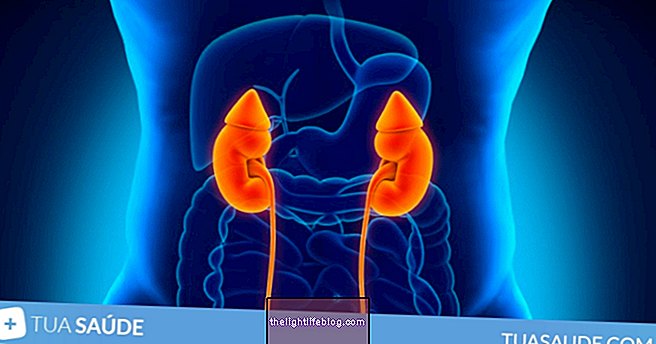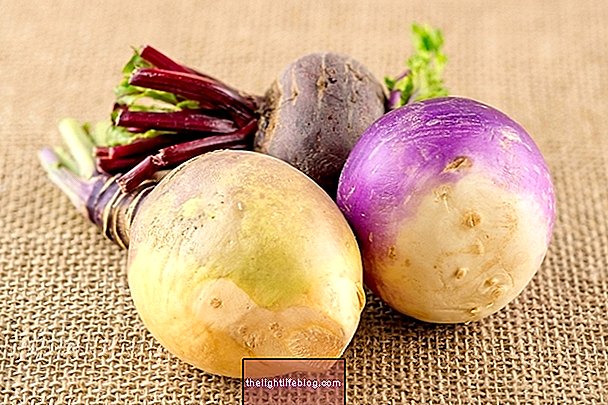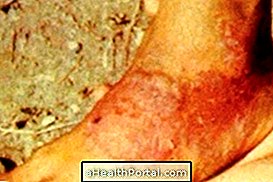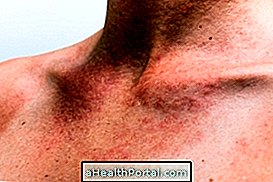Anal cancer affects the part of the intestine between the rectum and the anus, generating symptoms such as bleeding and anal pain, especially during bowel movements.
Generally, cancer of the anus is more frequent in individuals over 50, who practice anal sex and who are infected by the HPV virus. However, there is no relationship between anal cancer and HIV or lesions, such as hemorrhoids.

Anal cancer, according to its development, can be divided into 4 stages:
- Stage 1: Anal cancer is less than 2 cm;
- Stage 2: The cancer is more than 2 cm, but is located only in the anal canal;
- Stage 3: The cancer has any size but has spread to the lymph nodes or to nearby areas such as bladder or urethra;
- Stage 4: Cancer has created metastases to other parts of the body.
Anal cancer has a cure and its treatment depends on the degree of disease development, and can be done with a combination of chemotherapy and radiotherapy.
Symptoms of anal cancer
Symptoms of anal cancer include:
- Live red anus bleeding;
- Pain in the anus;
- Swelling in the anal area;
- Changes in intestinal transit;
- Itching or burning in the anus;
- Fecal incontinence.
The individual with cancer symptoms in the anus should consult a proctologist to make the diagnosis and start the appropriate treatment as soon as possible.
Know other causes of anal pain.
Treatment for anal cancer
Treatment for anal cancer should be done by a proctologist and is usually done with a combination of chemotherapy and radiation therapy for 5 to 6 weeks, and you do not need to be admitted to the hospital.
The doctor may also recommend surgery to remove small anal tumors, especially in the first two stages of anal cancer, or to remove the anal canal, rectum and a portion of the colon in the most severe cases.
In more severe cases, when it is necessary to remove a large part of the intestine, the patient may need to have an ostomy, which is a pouch that sits on the belly and receives the stool, which should be eliminated through the anus. The ostomy pouch should be replaced whenever it is full.
Here's how you can supplement treatment with cancer-fighting foods.


